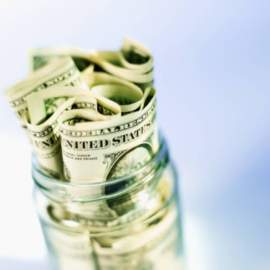
What Happened at the Whiskey Rebellion?

The Whiskey Rebellion was a tax protest that occurred in Pennsylvania during the 1790s. The Whiskey rebellion was a formal display of American individuality against an unjust taxation on the purchase of whiskey.
The tax was imposed by treasury secretary Alexander Hamilton to fund the national debt and centralize the country's financial problems. The tax, however, was viewed as unjust by farmers who needed to distill whiskey in order to obtain their crops, such as corn. Although the rebellion was viewed as an individual stand for freedoms, the majority of those involved used violence as a display of their unwillingness to pay the tax.
The Whiskey rebellion demonstrated to the United States government that a large authoritative figure would be met with skepticism and a brash flare of personal pride. In addition, the rebellion offered the government a glimpse of how the nation would respond to additional taxation methods. The rebellion created an impossible levy of taxes, and the whiskey tax was eventually repelled when Thomas Jefferson's Republican party came to power in 1800.
NEXT: What is Value Added Tax or VAT?




















